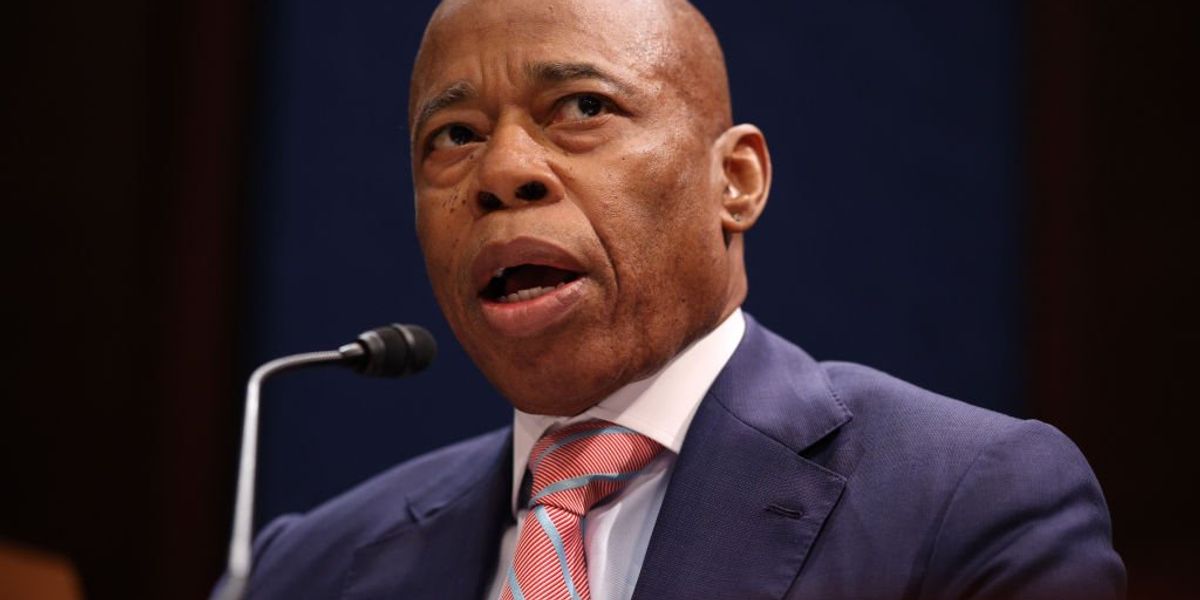A federal judge recently made waves by dismissing a lawsuit brought by California’s Democratic Governor Gavin Newsom and Attorney General Rob Bonta. The lawsuit challenged President Trump’s tariffs but was thrown out because it was filed in the wrong court. Judge Jacqueline Scott Corley pointed out that the case needed to be in the U.S. Court of International Trade in New York, not the Northern District of California.
Interestingly, Judge Corley didn’t transfer the case to the appropriate court, despite Trump’s legal team pushing for that. Instead, she dismissed it, which leaves a possible path for California to appeal. The governor’s office and the attorney general have already made it clear they plan to appeal the ruling to the U.S. 9th Circuit Court of Appeals.
Attorney General Bonta expressed his belief that the case should be heard in federal district court. He was glad the court’s decision allows them to seek a review. This case marks a significant move by California, being the first state to legally contest Trump’s tariffs.
Just a week after California’s lawsuit, a dozen other states joined forces to file a similar lawsuit in the U.S. Court of International Trade. This coalition of states managed to strike down the tariffs, showcasing widespread opposition to them. It’s clear that the fight over these tariffs is far from over.
The dismissal of California’s lawsuit has sparked discussions about judicial processes and jurisdiction. Filing in the wrong court can have significant consequences, as seen in this case. For now, all eyes are on California’s next legal steps.
Trump’s tariffs have been a hot topic, drawing both criticism and support from various quarters. While some see them as necessary for protecting American industries, others argue they hurt state economies. California’s challenge reflects the ongoing debate over these economic policies.
The legal battle over tariffs is just one example of the broader political struggles playing out across the country. States are increasingly willing to take on federal policies they disagree with. This case highlights the tensions between state and federal governments.
Judge Corley’s decision to dismiss the case without transferring it is a strategic win for Trump’s team. However, it also provides a potential opening for California to continue the legal battle. The outcome of the appeal could have significant implications for state-federal relations.
Conservative commentators have noted that similar lawsuits may emerge as states push back against federal decisions. The judiciary’s role in resolving these disputes is more crucial than ever. The legal system’s ability to handle these complex cases is being tested.
For now, California must navigate the appeals process in its fight against the tariffs. This case could set a precedent for how similar state challenges are handled in the future. The legal battle is a reminder of the checks and balances inherent in the U.S. system.
In the meantime, the coalition of states that successfully struck down the tariffs in the Court of International Trade is celebrating. Their victory underscores the potential for states to band together against federal policies. It remains to be seen how this will influence future state actions.
The political landscape is continually changing, with states often at the forefront of challenging federal policies. The outcome of California’s appeal could encourage other states to follow suit. It’s a dynamic time in American politics, with new precedents being set.
The stakes are high as both sides prepare for the next phase of legal proceedings. The appeal process will be closely watched by legal experts and politicians alike. There is a lot riding on the decisions made by the courts in this ongoing saga.
Observers will be keen to see how California’s legal team crafts its arguments in the appeal. The case is a complex intersection of state rights, federal authority, and economic policy. The resolution could have far-reaching effects on future state-federal interactions.
As the legal wrangling continues, the public remains divided on the issue of tariffs. Opinions vary widely on their economic impact and fairness. The ongoing debates are a testament to the diverse perspectives in American society.
Ultimately, the resolution of this legal battle will have implications beyond just California. It could influence how states nationwide approach federal policies they oppose. The outcome will be an important chapter in the ongoing story of state versus federal power.



